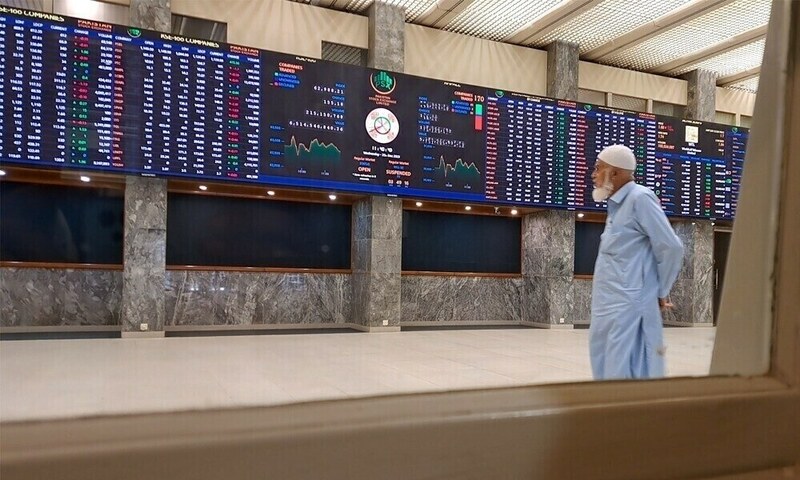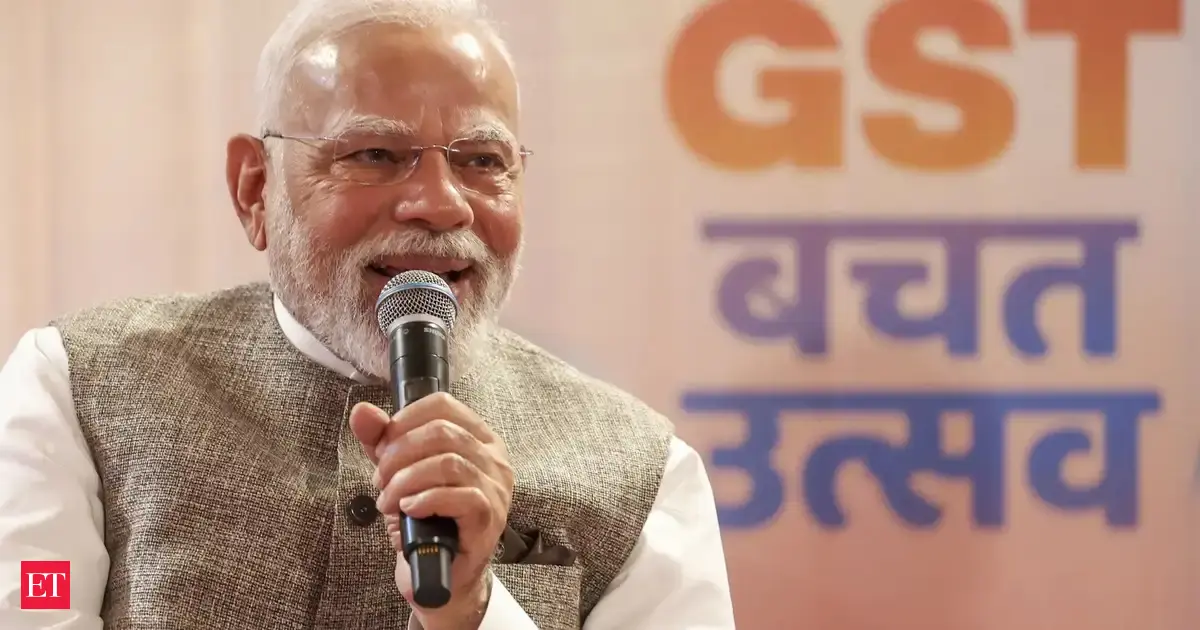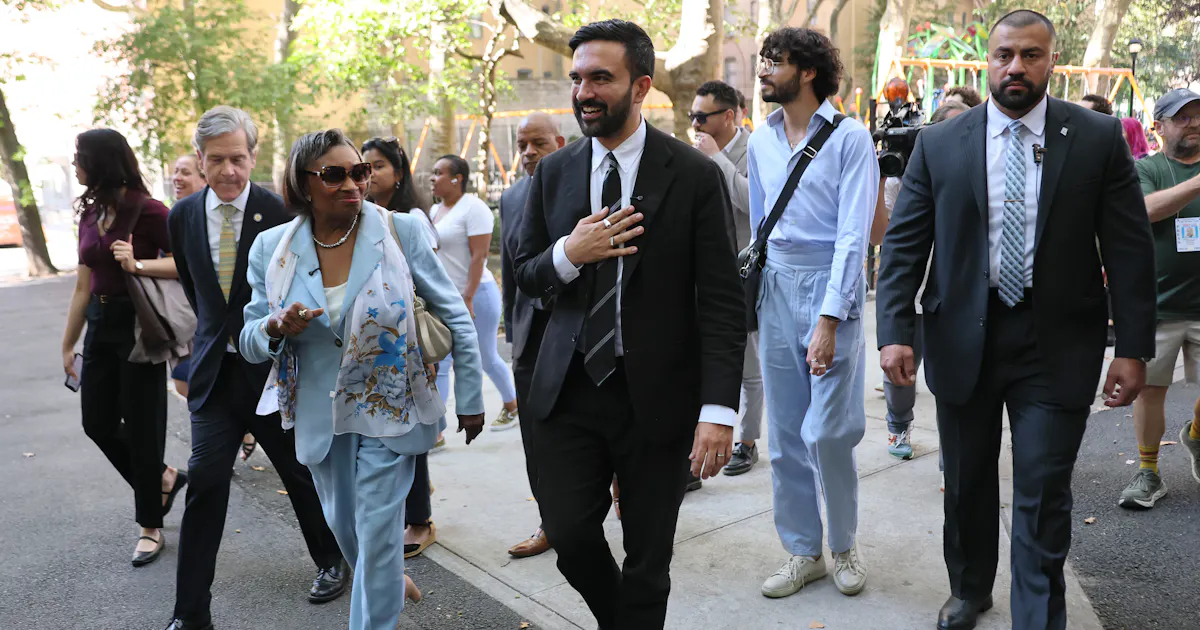By KNEWS
Copyright kaieteurnewsonline

Guyana must tie military cooperation to trade concessions
Sep 27, 2025
Features / Columnists, Peeping Tom
Kaieteur News – The United States wants deeper military cooperation with Guyana. It wants to work with our Defence Force on counter-narcotics, transnational crime, and regional stability. It wants our diplomatic support in international fora, our endorsement of initiatives in Haiti, and our alignment against governments it considers adversarial. What it does not want to do is loosen its grip on the trade barriers that suffocate Guyana’s exports.
That contradiction is untenable. Guyana cannot afford to play the role of junior partner in a lopsided relationship where Washington dictates the terms. Military cooperation must be linked to economic concessions—specifically the removal of the onerous 15% tariff the U.S. continues to impose on Guyanese exports. The United States cannot play hardball on trade and then expect open doors in security relations.
For far too long, we have deluded ourselves into believing that U.S. security assurances are indispensable, particularly in relation to Venezuela. This is a dangerous miscalculation. The United States is not a benevolent protector; it is an opportunistic force in international relations. Its primary interest in Guyana is neither our sovereignty nor our security—it is our oil, our geographic position, and our utility in advancing U.S. strategic objectives. Whether those objectives involve regime change in Caracas or suppressing narcotics flows, Guyana is useful only so long as it serves Washington’s agenda.
Let us test U.S. sincerity. If the United States genuinely values partnership with Guyana, it must show that commitment where it matters most: in trade. By conditioning military cooperation on tariff relief, Guyana would send a clear signal that its sovereignty is not for rent and that cooperation must be mutually beneficial.
Consider the facts. Bilateral trade hit an all-time high of US$4.7 billion in 2024. Yet Washington still imposes a 15% tariff on Guyanese goods, down from a threat of 38% earlier this year. This reduction was not a concession out of goodwill. Guyana’s government, while pleased with the adjustment, is still negotiating for a rollback to 10%. Or so we are told because no one knows for sure who are the negotiators in this process and whether the local business community is involved in these negotiations.
The question that needs to be asked is why are we negotiating from a position of weakness when the U.S. has as much, if not more, at stake in this relationship?
American oil companies already have significant investments in Guyana’s offshore sector. Billions of dollars are flowing into exploration and production, most of which will be recoverable. U.S. firms stand to profit handsomely from Guyana’s resources for decades. Exxon’s imports enter Guyana mostly free to tariffs. It is therefore only right that Guyanese exporters should enjoy reciprocal access to U.S. markets without punitive tariffs.
Trade therefore should be high on our cooperation agenda. Yet our delegation to the recent meeting with Secretary of State Marco Rubio included no representative from the Ministry of Tourism, Industry and Trade. This omission is not just puzzling; it is alarming.
Military cooperation cannot be separated from trade fairness. Every time a U.S. delegation lands here to discuss “regional stability,” Guyana should be asking: Where is the economic stability for our exporters? Every time Washington asks for our support in Haiti or against Cuba, we should be asking: Where is your support in dismantling unfair trade barriers that hurt Guyanese businesses?
Some will argue that Guyana needs U.S. military cooperation to deter Venezuelan aggression. But Washington’s stance on Guyana’s territorial integrity is not charity. It is a convenient alignment of interests. If tomorrow the calculus shifts, the U.S. will adjust its position accordingly. To believe otherwise is to place our national security in the hands of an opportunistic ally. Our best safeguard is not blind reliance on U.S. assurances but building leverage in every sphere of engagement—economic, military, and diplomatic.
Guyana must therefore adopt a new doctrine: no military concessions without economic concessions. If Washington wants cooperation, then it must dismantle the tariff wall blocking Guyana’s exports. The logic is simple: security cooperation must serve the interests of Guyanese farmers, manufacturers, and traders—not just the interests of U.S. oil companies and military planners.
In international relations, sincerity is measured not by words but by actions. Washington’s words about “partnership” ring hollow so long as Guyanese products face discriminatory tariffs. If the U.S. wants Guyana to be a reliable ally, then it must first become a reliable trade partner. Until then, Guyana should resist being drawn into military entanglements that serve U.S. goals but deliver little to our people.
President Ali’s administration must take a firmer line. The absence of trade expertise in the delegation to New York was a missed opportunity. The next engagement with Washington must be different. A trade expert should sit across from Secretary Rubio, making it clear that there can be no deepening of military cooperation without a simultaneous deepening of economic fairness.
The U.S. cannot expect Guyana to help fight narco-trafficking or to endorse its hemispheric strategies while at the same time strangling our exports with tariffs. Partnership must be a two-way street. If Washington wants our cooperation in security, it must give us cooperation in trade. Nothing less should be acceptable.
(The views expressed in this article are those of the author and do not necessarily reflect the opinions of this newspaper.)
Defence Force, military cooperation, narcotics, Peeping Tom, trade concessions, transnational crime



